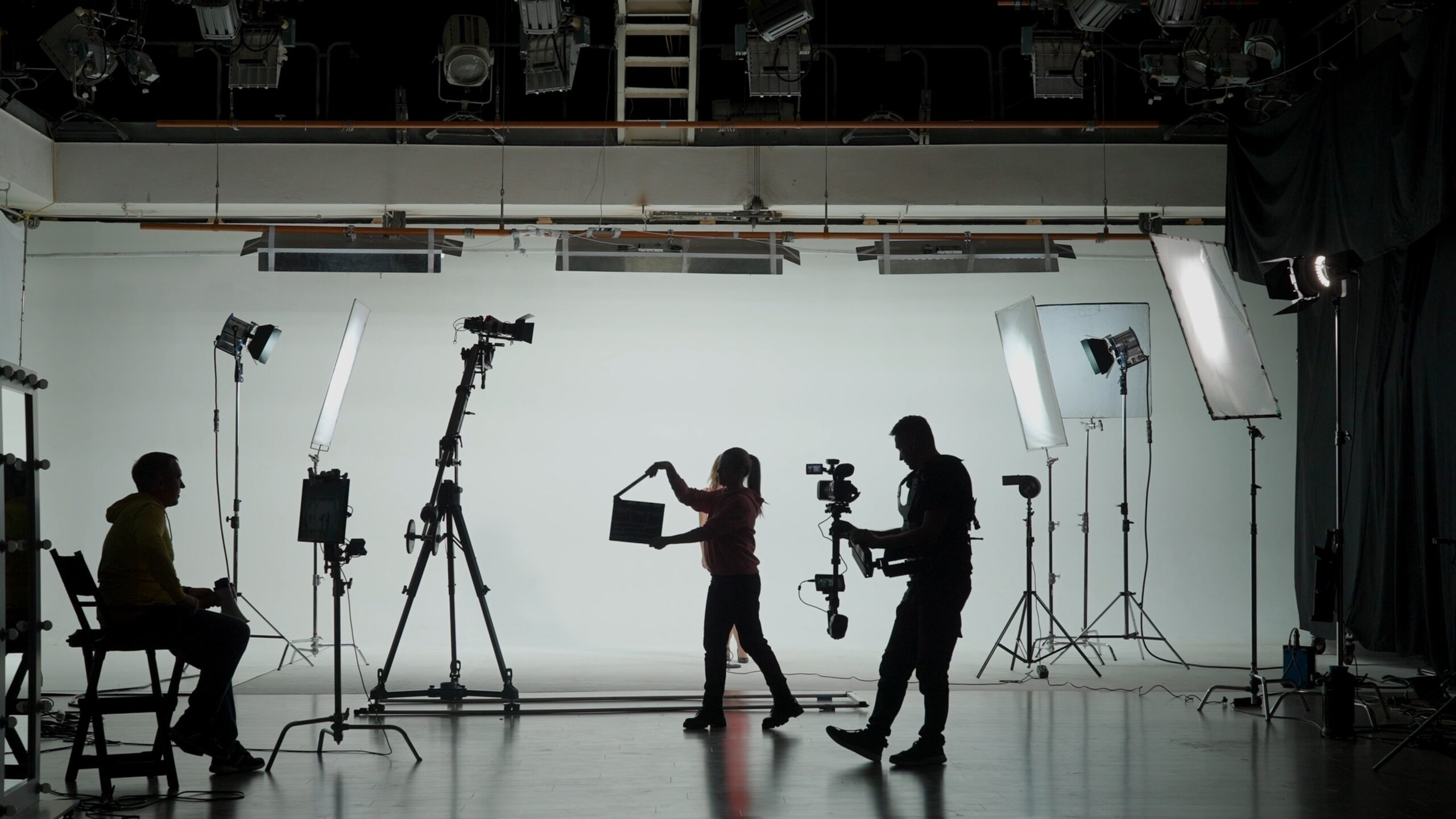Explore the best ways to get funding for your short film project in the UK and find out what costs to budget for when turning your vision into reality.
Creating your own short film can be a long, perilous journey full of ups and downs – the type that can sometimes tempt you into believing it won’t be worth the blood, sweat and tears when all is said and done. But, with the right knowledge and planning, the funding that will allow you to turn your ideas into a finished project might be more within reach than you expect.
Understanding short film finances is key to ensuring you have the best chance of coming out the other side with a short film you’re proud of and the money to fund future creative endeavours.
Here are the various avenues available to you and how to budget for your project effectively before your fund-finding mission:
How Much Does It Cost to Fund a Short Film?
Short film budgets vary massively depending on the script, locations, cast members, and production crew required to produce the finished project. Micro-budget short films are often produced for only a few hundred pounds and tend to rely on free-to-access locations, the goodwill of a community of creatives (often encouraged by free food) and a budget-friendly script written with cost-savings in mind.
On the other end of the scale, the most ambitious short film projects can involve much more complex sets, professional actors, labour-intensive post-production, and expensive-to-secure locations requiring an overall budget that reaches into the tens of thousands or even six-figure range.
A good indicator of the kind of budget it might take to produce a short film in the UK in 2024 on average can be found in the British Film Institute’s Short Film Funding programme, which currently accepts applications for funds from £5,000 to £25,000.
Producing on a Budget
It’s important to remember that we live in a time where there are more opportunities than ever to save on costs in creative ways. If you have good ideas and the passion to see a project through to the end, no funding obstacle should stand in your way.
One of the clearest examples of this is the great success in recent years of various low-budget short and feature films that have made creative use of smartphones combined with budget-friendly attachments and software.
Types of Funding Available for Short Films
There are several options available for funding short films in the UK. Few people are able to fund a film project with their own personal savings completely and many filmmakers opt to combine a range of funding sources, so don’t be intimidated by what might seem like a lofty funding goal to someone just getting started in their creative career.
Finding funding is as much a part of making a film as any other stage, so it’s important to attack it with the same kind of passion, energy and persistence in order to get the job done.
Grants
The Bolton Film Festival has produced a helpful summary of the wide range of grants available to filmmakers in the UK and beyond. Here are some of the highlights:
BFI Network Short Film Funding
This filmmaking fund offers grants of £5,000 to £25,000 to directors based in England interested in producing fictional short films in live-action, animation and immersive/virtual reality formats.
Only 3% of applications to this fund are successful, so make sure your project stands out if applying. In particular, you should try to address the core priorities of the British Film Institute’s National Lottery Strategy as much as possible, which are:
- Equity, diversity and inclusion
- Cultural or progressive impact
- Talent progression and development
- Creative risks
- Environmental sustainability
Filmmakers in Wales, Scotland and Northern Ireland can use the BFI Network’s funding finder to apply to equivalent programmes offered by partner organisations in their nations.
First Flights Short Film Fund
First Flights has partnered with Kodak and Periscope to offer a range of grants up to £7,000 for live-action and documentary short films of any genre. Previous recipients of this grant include the makers of An Irish Goodbye, which went on to receive both an Oscar and BAFTA award, among many others, in 2023.
This short film fund also offers the option to compete in a special category for the chance to receive 10,400 ft rolls of KODAK 16mm film stock for free, as well as the costs of processing it. Additionally, all successful applicants in the current funding cycle will be automatically eligible for consideration at the 2025 Raindance Film Festival!
Crowdfunding
Small donations can add up quickly, especially when you can get a large enough group of people just a little bit excited about the story you’re trying to tell. That’s what makes crowdfunding so successful for creatives who are good at communicating their vision to others. Platforms such as Kickstarter, IndieGoGo and Patreon have all been used to support a wide range of short film projects.
Bear in mind, however, that crowdfunders do tend to need more interaction and attention than more traditional investors in order to keep them satisfied. This commonly includes sharing regular updates on the progress of your project, as well as providing tiers of gifts and perks, such as film merchandise, in exchange for their support.
Costs to Consider When Budgeting
Failing to plan is planning to fail. If you don’t get ahead of your expected costs when producing a short film, you can run into lengthy delays – or worse, be forced to abandon the project entirely before you can get it over the finish line. Avoiding this means carefully planning out every expense you think you could encounter, which should include:
- Location fees
- Equipment rentals
- Talent costs (including catering and travel expenses)
- Post-production software and labour costs
- Unexpected expenses (a 10-15% cushion could prove crucial)
Regularly updating your budget to reflect the actual costs incurred throughout the different stages of your short film project will help you assess whether you are sticking to your budget. Up-to-date information like this means you can prioritise your expenditure towards the end stages and ensure you don’t run out of money.
With a carefully detailed budget and the right combination of funding sources, you should be well on your way to communicating the stories that matter most to you.
Take a look at our website for more news and advice for fledgling filmmakers, including how to make a short film and the film festivals where you can submit your finished project.



















